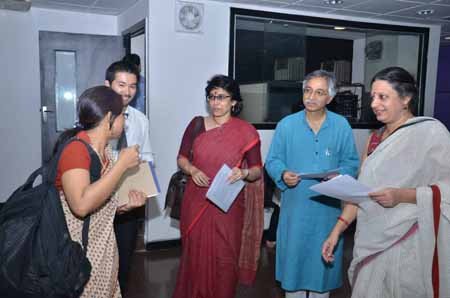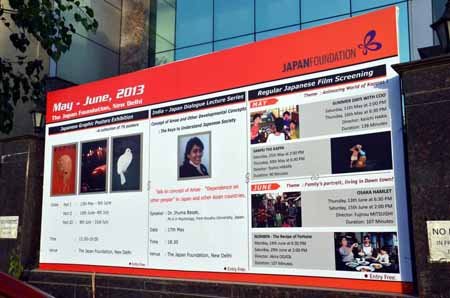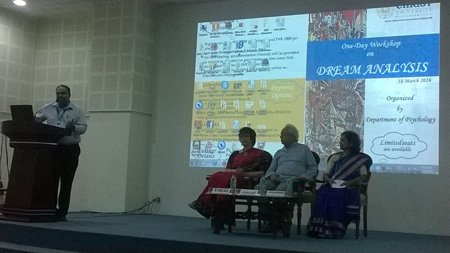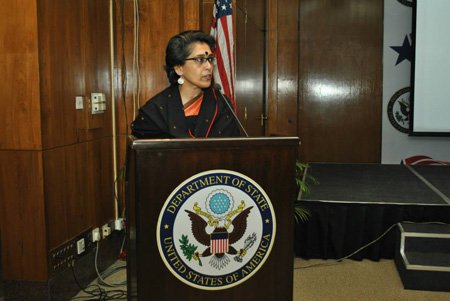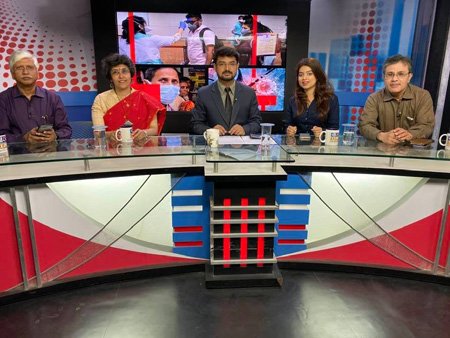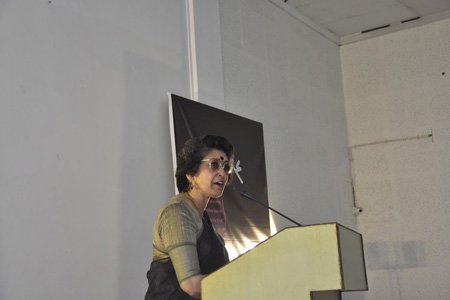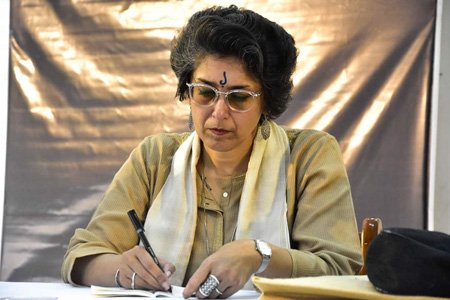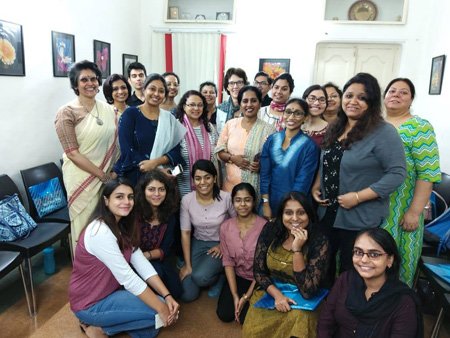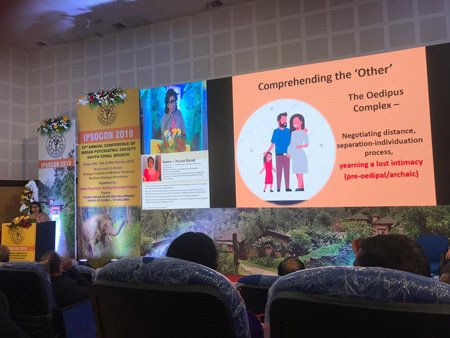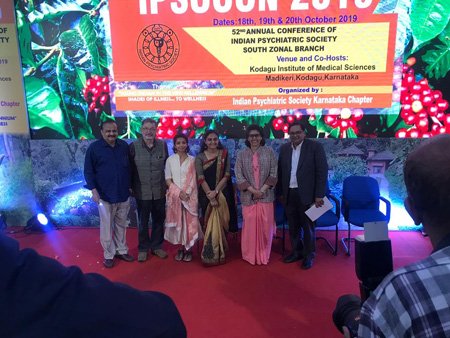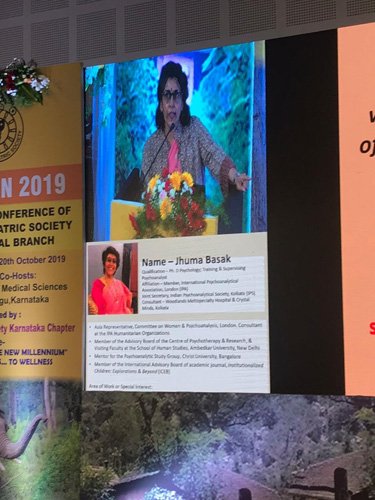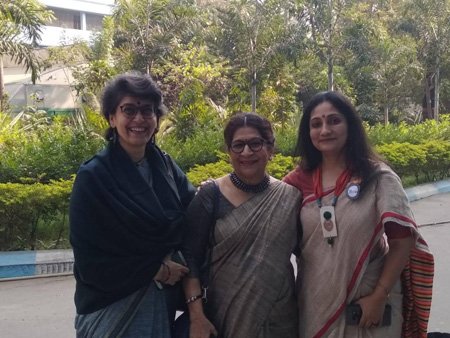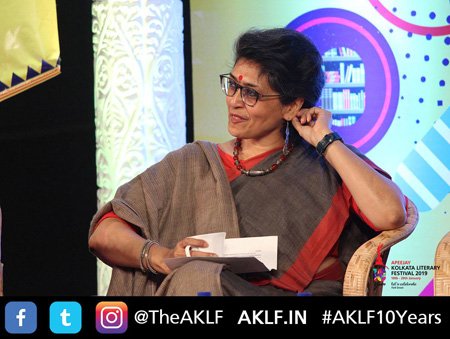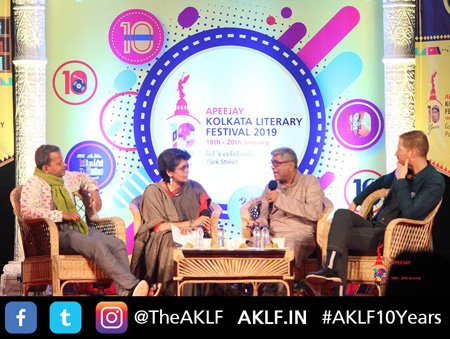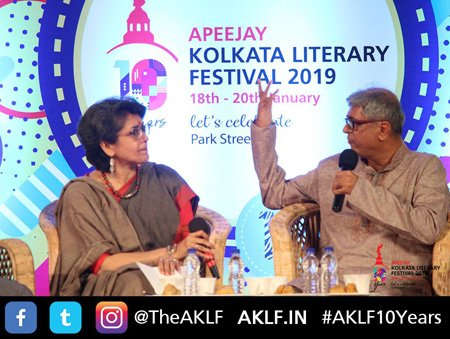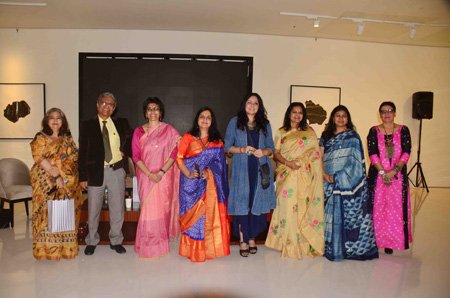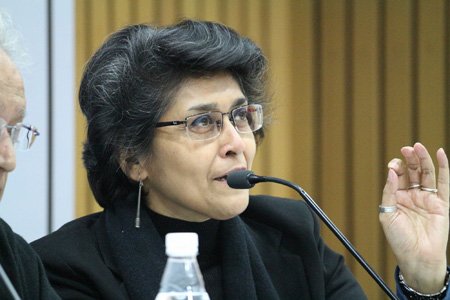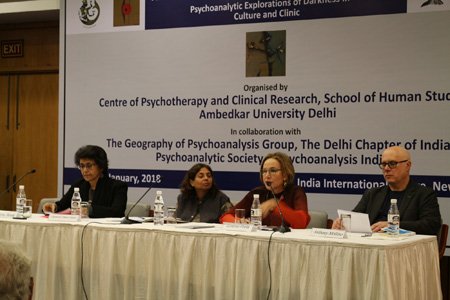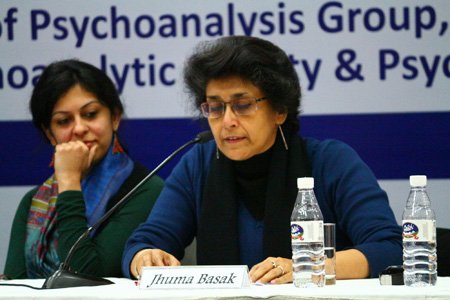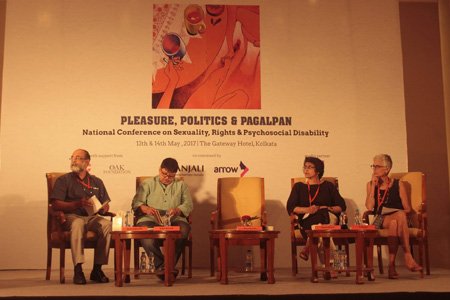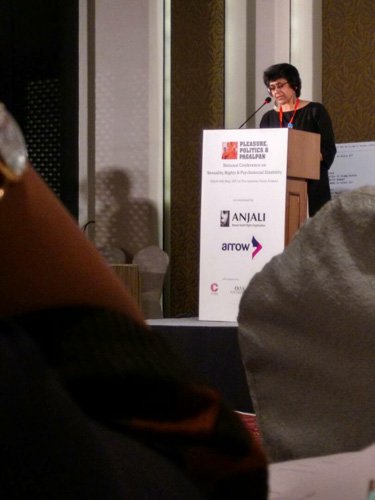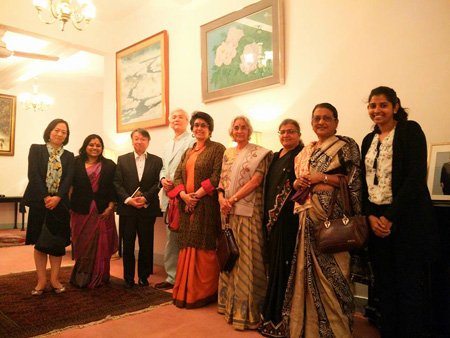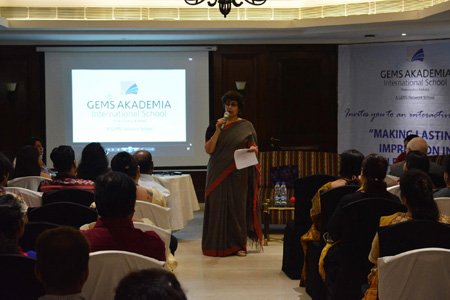Mental Health And Wellness
Mental health is unfortunately still very often associated with social stigma and discrimination in Indian society and culture. The global COVID assault has opened up our minds to the critical need of the hour; the need for human emotional support and wellbeing, in order to foster resilience within the self, family and community at large. A healthy mind, complemented by a healthy ‘functional’ body, equips us to pull through life’s failures, accidents, losses and constant changes in the continuum of life. In this continuity, we all pass through some given points of trials of our inner pliancy.
COVID-19
COVID-19 has been the first pandemic witnessed by most of us in our lifetime. For a country like India, with its existing layers of caste, class and gender discrimination, the pandemic has had a huge impact at various levels of the society – academic, economic, psycho-social and familial. From children to young adolescents, to professionals, to migrant workers, from families to single-living individuals, all have been confronted with a sudden disruption of their world, livelihood and homes. All sense of certainty and safety has been shaken. Domestic violence affecting the safety of women and children has become an increasingly alarming concern. One’s sense of stability, love and bonding, emotional anchor has been deeply unsettled. All of this consummates an acute need for mental health support across the world, for both the individual self and the community to survive through this frightening uncertainty in time, in life.
Psychoanalytic Psychotherapy
Based on the school of psychoanalysis, psychoanalytic psychotherapy focuses on working with the Unconscious of human psychic life. According to the psychoanalytic principle, human behaviour results from continuous interactions between the three forces – id, ego and superego. The unconscious conflicts form the root cause of psychological issues, while the psychoanalytic lens suggests that symptoms can be managed by bringing these conflicts into the conscious awareness.
In the Indian context, building community awareness and support is essential in order to enhance mental health among common people. By reflecting on child rearing ways, along with building consciousness for family, friends and workplace, we can bring about significant progressive transformation in the quality of mental health care in India. A holistic healing approach inclusive of mental health is necessary by the practitioner of the wellness fraternity.
Clinical Lens Of Psychoanalysis
The primary aim of analysis in the clinical space is to facilitate bringing the unconscious archaic material in the preconscious to consciousness through articulation. The patient/client-therapist bond is grounded on the highest standards of ethics and confidentiality.
Using the method of Free Association, the analytic process takes one through the past trajectory of life. This helps to work on the present conflicts, desires and apprehensions so that the future choices may have a clearer roadway for the individual.
A unique way to approach the Unconscious is also through our dreams, using the process of Dream Analysis. Our dreams comprise symbolic references from our daily life and fantasy life, thereby making a rich landscape of analytic material.
The analytic journey is a long and intimate journey between the analysand and the analyst. The conclusion of this journey expectedly brings about an insight into one’s own mind: its strengths, challenges, fears, loves, shame, aggression, losses and patterns. This leads to a tranquil mind that is capable of loving beyond the romantic and erotic, and working with enhanced commitment.
Looking Beyond ‘Pathology’
Contemporary life is fraught with provocations and confrontations with human isolation leading to depression, anger and aggression, anxiety, fear, contention in relationships, professional challenges, and so on. The mind and body work in response to each other, thus psychological processes often have somatic implications for the individual.
The youth of today’s India is charged with all such psychic parameters adding to the socio-cultural, economic and political climate of the country. With the pandemic spreading across the last year and a half, the student community has encountered uncertainties of career, studies, collapse of relationships, desolation – all bringing about an alarming need for intrusive mental health intervention. The frightening increase in domestic violence against women during the past year is a disturbing concern for all of us because the ‘home’ is meant to be safe and caring for all children and women.
Oppression in family, shame, incest and violence in individual narratives of women await justice and liberation.
Mira aspires to work with community members to bring about intrapsychic catharsis for individuals as well as social equanimity in its surroundings.
Culture And Gender Sexuality
Gender identities and gender relations are crucial facets of culture since they not only influence the way we live in society, but also the community and workplace. There is perpetual conflict between a woman’s individual self, her aspirations and desires, and her expected role in the community. Social roles involve moulding women automatically into caregiving and nurturing roles of a wife and mother. Most often than not, this is at the cost of giving up their own wishes and desires. There is also a marked divergence between a woman’s identity in a maternal role and as a sexual being.
Psychoanalytic discourse reiterates bisexuality as the foundation of human entity. With the emergence of feminist psychoanalysis and a return to the ‘east’, there came a re-emphasis on the pre-Oedipal dyad, with the mother being the first love object for the child and the locus of personality development. Accordingly, the intervention of the phallus (in the form of Father, or another aspect of the external world) happens later in life, resulting in a deliberate and invariable oppression of the nuances of the “feminine”.
Likewise, there appears to exist a strong need to alter the heavily gendered child rearing practices, especially in India, and question the existing linguistic, symbolic patterns of masculinity and femininity.
The founder of psychoanalysis in India, Girindra Sekhar Bose, proposed that the feminine desire of Indian men was possibly due to greater identification with the maternal ego. The resulting desire to feminise is often repressed in order to create a sanctified position for himself in the phallic world. The ego’s full blooming personified in the unfolding of the personality, however, lies in the spontaneous expression of one’s masculine and feminine qualities.
At Mira, our goal is to work with all members of society in order to free community prejudice, gender biases, to help women own the truth of their identity by –
- Overcoming the barriers of culturally-induced guilt and shame
- Subsequently internalising this pattern to limit their free evolution
- Validating and encouraging the desire for creative self-expression and self-assertion
- Integrating the different facets of gender and sexuality in contemporary times
Patriarchy And Male Sexuality
Patriarchy as a structure attaches undue significance to a toxic sense of power and authoritarianism as the locus of the social system. Men themselves often unknowingly become both the perpetrators as well as victims of such a mindset that promotes oppression.
The male child while growing up may often experience an overt masculine assertion overpowering the sensuous, nurturing nature of the dyadic mother-child bond. The receptive quality of the pre-lingual, the ‘feminine’ essence, needs to be compromised to be accepted as a ‘male’ in society, especially in the Indian context. Often a wide split in the psychic structure may take over regarding their evolving sexuality – that is, on one hand an idealised maternal object and on the other a denigrated sexual object, which he nonetheless seeks to possess in concrete physical terms. The resulting intolerance of one’s own ambivalence leaves the ego fragile, burdened and susceptible to breakdown – thus giving rise to more glaring and toxic masculine trends, promoting a lethal all-encompassing patriarchy.
Conversely, a redefinition of the pre-existing notions of masculinity and femininity through an alteration of parenting practices would prevent the continued reinforcement of gendered extremes in childhood and may prove beneficial in breaking the vicious cycle.
Arts And Other Applications Of Psychoanalysis
Psychoanalysis has many more applications other than its clinical lens. Contemporary interdisciplinary approaches extend psychoanalytic principles in anthropological, socio-political and cultural studies. It is a tool to inculcate literary criticism, character analysis, cinema and visual history. Increasingly various forms of expressive art therapy practices often use such psychoanalytic foundations to elaborate on their theoretical model.



